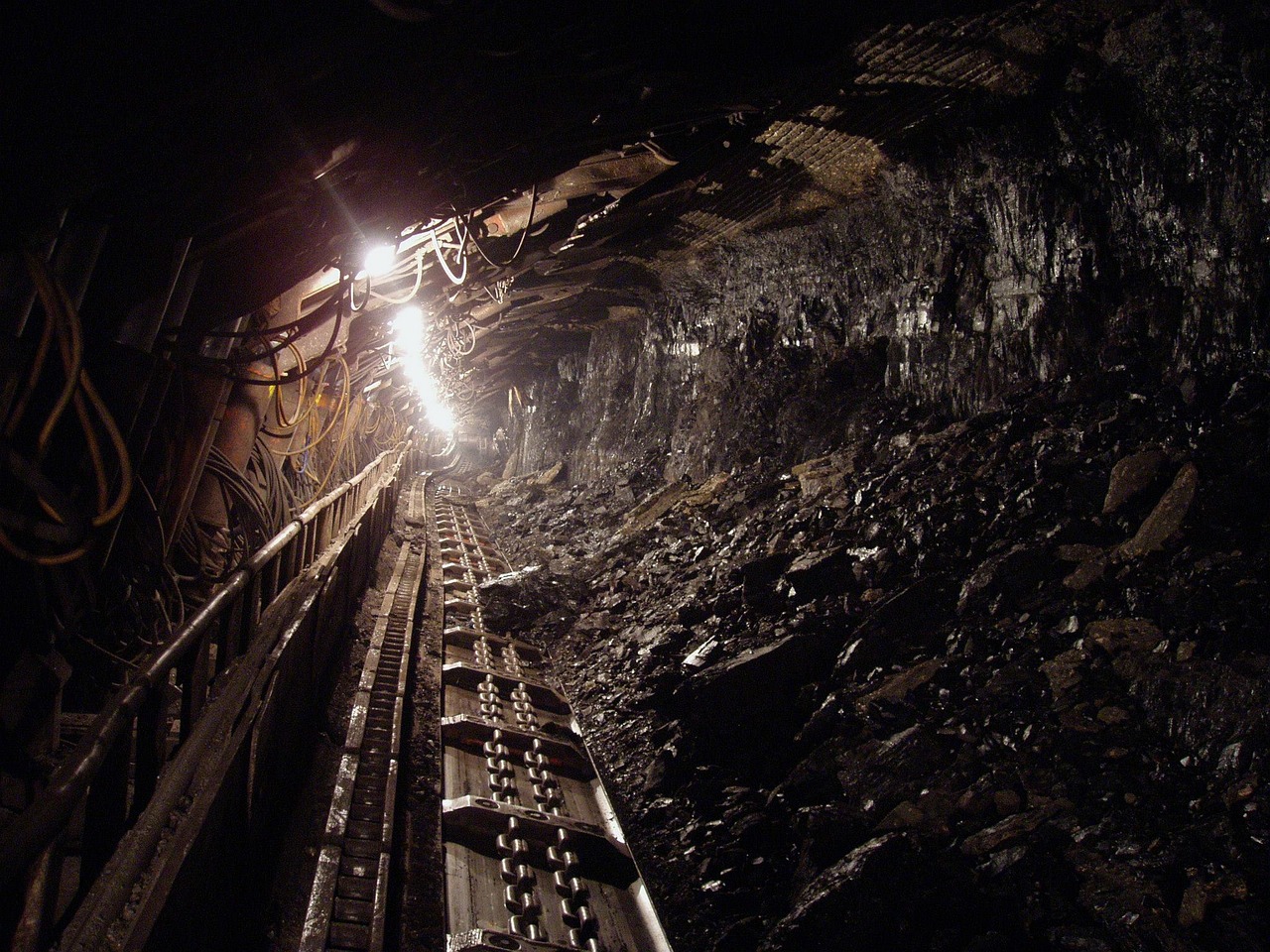Complicated CWP at Wayne County Rock Spring Development Mine
Coal Workers Pneumoconiosis (CWP), or black lung disease, has been linked to several recent cases of complicated CWP (including some fatalities) at the Rock Spring Development Mine in Wayne County, WV. Fault lies with a deadly combination of illegal mining practices and several brands of defective respirators that did not protect miners due to a design flaw.
Coal workers at Rock Spring developed black lung disease by inhaling coal dust that causes the color of the lungs to turn from pink to black.
Types of Coal Workers’ Pneumoconiosis
CWP is found in two general forms:
- Simple CWP: This form of CWP indicates 1 – 2 nodular aggregations within the lungs. Simple CWP is an early form of the condition that is typically diagnosed with a chest X-ray.
- Complicated CWP: Complicated CWP is a result of extended exposure, leading to CWP with progressive massive fibrosis (PMF). It is characterized by the development of large, fibrous masses 1 cm in diameter or larger form in the upper region of the lungs.
The CDC reports an increase in complicated CWP black lung claims. NPR reports over 962 cases of black lung in the previous decade. The primary areas of complicated CWP occurrences include Ohio, Pennsylvania, Virginia and West Virginia.
Symptoms of Complicated Coal Workers’ Pneumoconiosis
Sufferers of complicated CWP can experience the following symptoms:
- Shortness of breath
- Black sputum
- Decreased lung capacity
- Heart problems
- Chronic cough
- Pulmonary hypertension
Complicated CWP at the Wayne County Rock Spring Development Mine
Rock Spring Development Mine is a subsidiary of Alpha Natural Resources. Alpha filed for bankruptcy before gaining approval for a restructuring plan in 2016. The company (and many of its subsidiaries including Rock Spring) appear to have used illegal mine ventilation and respirable dust practices along with defective respirators, leading to increased occurrences of black lung disease.
In May 2015, the Rock Spring Development mine was idled, but there is potentially a long lasting impact to be felt by the mine’s former employees.
Verdicts and Settlements in Complicated CWP Cases
Workers with potential cases of complicated CWP should seek medical attention and seek legal guidance in filing a claim against the mine.
BJC has successfully settled cases in the millions of dollars against coal companies which we have shown to have mined in violation of mandatory ventilation and respirable dust standards. These illegal activities include not hanging ventilation curtain, operating equipment with inoperable dust suppression systems, mining off sequence and exposing miners to dirty return air much more often than allowed, receiving advanced warning of inspectors in order to fix ventilation violations before the inspectors get underground, manipulating MSHA dust sampling and outright cheating on company dust sampling.
Additionally, defective dust masks have led to several successful coal dust mask litigation cases in recent years.
Prime examples of verdicts in these cases include:
$7.2 Million
A $7.2 million verdict was awarded to a Kentucky man. This case was the first to go to a verdict in a defective face mask lawsuit against Mine Safety Appliances. Officials recognized the masks were defective in the 1970s and called for a ban of the product. The company continued to sell the masks for an additional 15 years.
The plaintiff unknowingly continued to use this mask, leading to him suffer from CWP. In addition, the manufacturer sold masks to many workers and companies in the coal mining industry across WV during this same time period.
10 lawsuits were filed against Mine Safety Appliances by July of 2014, alleging that the company sold the faulty respirators, proven to not work, to the employers of the plaintiffs. The plaintiffs, in turn, wore the masks provided to them.
Substantial amounts of dust entered the masks despite the masks being worn to the safety requirements set forth by the manufacturer. The plaintiffs had no knowledge of the masks leaking in the harmful coal dust at the time.
Complicated workers’ pneumoconiosis is 100% preventable if the coal mine companies take the proper steps to make the air quality in the mines safe. The use of defective masks is the fault of the manufacturer for making them available, as well as the coal mine company that knowingly distributed these defective masks to its employees as a cheaper alternative to addressing air quality standards in the mines.
Alpha Natural Resources has been known to fight hard against employees who file claims after being diagnosed with black lung disease. One man, Robert Long, worked at the company’s Emerald Mine for 35 years and now relies on oxygen just to continue breathing.
The company fought the claim and sent Mr. Long to two doctors, both of whom were assigned by the company. The doctors concluded that the man was “healthier.” The case dragged on for four years, with Mr. Long finally prevailing.
Free Initial Consultation with an Injury Attorney in Charleston
Bailey, Javins and Carter, L.C., firmly believes that what is happening to coal miners is unforgivable. We understand the physical, emotional and financial struggles coal miners and their families face when dealing with the outcome of these ailments, and we are committed to obtaining the just compensation you deserve. If you believe you have been harmed by illegal mine practices and/or a defective respirator and have been diagnosed with complicated CWP, please contact Bailey Javins & Carter at (800) 497-0234. Our experienced and knowledgeable black lung attorneys stand ready to support your claim. View our resources page to learn more.



